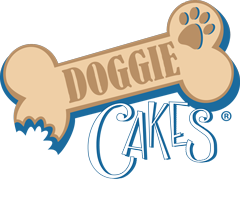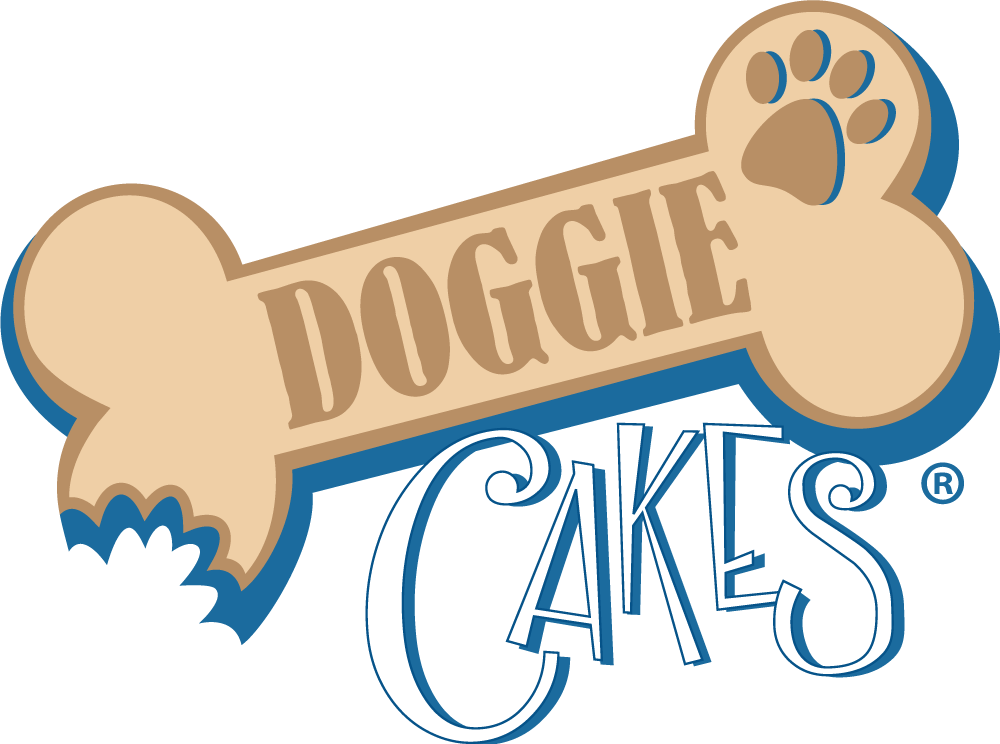Teaching Puppies Not to Nip and Bite: A Detailed Guide
Welcome back to our series on Puppy Behaviors to Nip! Today, we’re diving into an important topic: nipping and play biting. While nipping is a natural part of puppy behavior, addressing it early is crucial to prevent it from becoming a problematic habit as they grow. Let’s break down the reasons behind nipping and explore effective ways to manage it.
Why Do Puppies Nip?
Puppies nip for a variety of reasons, including:
- Teething: During the teething phase, puppies experience discomfort and chew or nip to soothe their gums.
- Play: Nipping is often a part of playtime with littermates and humans.
- Exploration: Puppies use their mouths to learn about their surroundings.
- Attention-Seeking: A playful nip might be their way of getting you to interact with them.
- Overstimulation: Excitement or frustration can sometimes lead to nipping during play.
How to Stop Nipping and Play Biting
- Teach Bite Inhibition
- Bite inhibition is a dog’s ability to control the pressure of their bite. Puppies learn this from their littermates, but you can reinforce it by:
- Letting out a high-pitched “ouch” or “no” when your puppy nips too hard.
- Stopping play immediately to show that biting ends the fun.
- Resuming interaction only when they calm down.
- Bite inhibition is a dog’s ability to control the pressure of their bite. Puppies learn this from their littermates, but you can reinforce it by:
- Provide Appropriate Chewing Outlets
- Offer a variety of chew toys designed for puppies, such as:
- Rubber toys or teething rings.
- Frozen toys to soothe sore gums.
- Redirect their nipping behavior by giving them a toy when they start to nip.
- Offer a variety of chew toys designed for puppies, such as:
- Encourage Gentle Play
- Teach your puppy that gentle interactions are rewarding. Praise and treat them when they play without nipping.
- Use toys for playtime to keep their focus away from your hands or clothing.
- Avoid Encouraging Nipping
- Don’t use your hands or feet as toys. This can confuse your puppy and encourage them to nip at you.
- Be mindful of overexciting them during play, as it can lead to nipping.
- Use Consistent Commands and Reinforcement
- Use a firm command like “no bite” or “gentle” every time your puppy nips.
- Reward positive behavior with treats, praise, or extra playtime.
- Socialize Your Puppy
- Expose your puppy to other well-behaved dogs and people to help them learn appropriate behavior through positive interactions.
- Be Patient and Consistent
- Puppies are naturally curious and energetic, so it’s important to be patient. Consistency in training will help them learn over time.
When to Seek Professional Help
If your puppy’s nipping escalates into aggressive biting or persists despite your efforts, consider seeking help from a professional dog trainer or behaviorist. They can provide tailored strategies to address the issue.
Addressing nipping behavior early ensures that your puppy grows into a well-mannered and gentle adult dog. Remember, patience and positive reinforcement are key to helping your furry friend learn.
Thanks for joining us for this installment of Puppy Behaviors to Nip! Make sure to come back next week for our next topic in the series. Together, we’ll tackle all the common puppy behaviors to ensure a happy and harmonious life with your pet. Got a tip or story about nipping? Share it in the comments! 🐶




